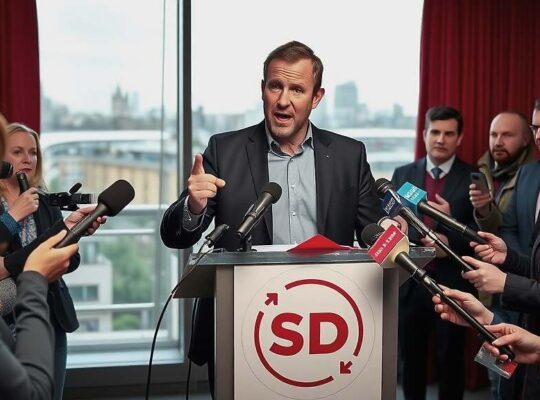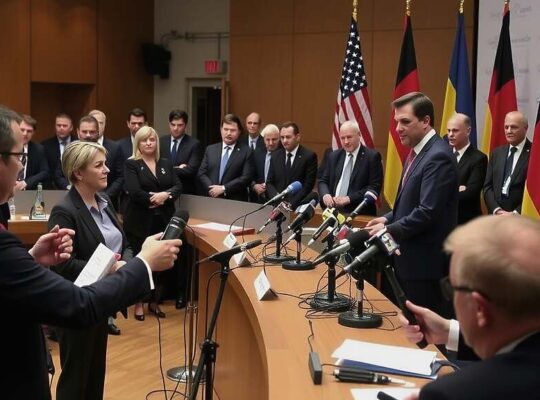Calls for new taxation and increased inheritance tax are growing within the Social Democratic Party (SPD), prompting discussions with the Christian Democratic Union (CDU) and Christian Social Union (CSU). The sentiment stems from concerns over rising wealth inequality across the nation.
Wiebke Esdar, SPD parliamentary group deputy leader, emphasized the importance of exploring how exceptionally high wealth and inheritances can contribute more to the common good. “The wealth gap in our country is widening. It’s only logical and fair to examine how we can ensure those with significant assets contribute more” she stated. While specific details remain under consideration, the focus is on potential increases for high-income earners. Esdar suggested that addressing this inequality would also be in the interest of the CDU/CSU coalition.
The need for fiscal responsibility has also been highlighted. Large-scale CDU/CSU projects, such as corporate tax cuts, require robust counter-financing, particularly in light of a pending decision from the Federal Constitutional Court concerning inheritance tax. The SPD aims to ensure these measures do not disproportionately burden middle-income citizens and safeguard social cohesion.
Bremen’s Mayor Andreas Bovenschulte, also of the SPD, points to Germany’s current tax ratio, which stands one percentage point below pre-pandemic levels. He suggests that scope for tax increases is limited and should be implemented in a socially equitable manner. Bovenschulte specifically proposed a digital tax, mirroring the approach taken by countries like France, Spain, Italy and Austria and as a potential offset for a less favorable trade agreement with the United States.
SPD parliamentarian Ralf Stegner advocates against stigmatizing tax increases. He contrasts current spending priorities, particularly on defense, with recent tax reductions and expresses concern that the combination of proposed social cuts and resistance to revenue enhancement threatens the stability of the coalition government and the nation.
Former SPD Vice-President Stegner recalled the 2007 agreement with then-Chancellor Angela Merkel and the CDU, which introduced a wealth tax for top earners. He suggests revisiting that model of progressive taxation, where individuals earning €250,000 annually as singletons or €500,000 as couples contribute upwards of 45% in taxes. He noted that tax rates for the very highest earners previously reached as high as 56% under Helmut Kohl.












